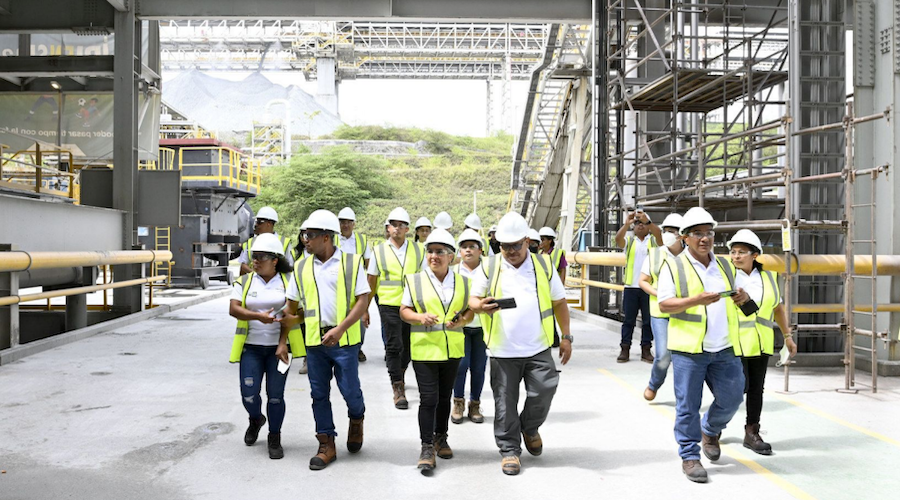Introduction
The Cobre Panama copper mine, operated by Canada’s First Quantum Minerals (TSX: FM), has been closed since November 2023 following a government order. As one of Central America’s largest open-pit copper mines, its closure has sparked economic concerns and public debate. Analysts now propose a joint venture (JV) between the company and the Panamanian government as a potential solution to reopen the mine.
Economic Fallout and Missed Opportunities
Before its closure, Cobre Panama produced 330,863 tonnes of copper in 2023 and was on track to become a 100-million-tonne-per-year operation in 2024, positioning it among the world’s top copper mines. Ana Juarez, president of CTA Environmental Consultant, highlighted that Panamanians are only now recognizing the economic benefits the mine provided, alongside the significant fallout from its suspension. The mine’s closure has been described by MINING.COM’s Frik Els as a major policy failure, especially for a country in dire need of economic stability.
A Joint Venture Model
Juarez pointed to successful international models of government-industry partnerships, such as Barrick’s Reko Diq project in Pakistan and El Salvador’s revamped mining laws, both incorporating government equity stakes. A JV could foster a sense of public ownership and ensure broader benefits, potentially easing tensions in Panama. This approach might address public demands for a better deal, transparency in revenue use, and stronger environmental safeguards, as revealed by a recent poll from Data Consulting Group.
Shifting Public Sentiment
Public opinion in Panama appears to be evolving. A poll conducted in April 2024 showed 70% of respondents believe the mine benefits the economy, with 45% supporting a restart, 35% opposing, and 20% undecided. However, conditions for reopening include better terms for Panama (40%), transparency (30%), and environmental protections (20%). First Quantum’s public relations campaign, #CobreConnecta, aimed to build support by opening the mine to visitors, but President Jose Raul Mulino halted these tours, emphasizing the lack of progress in negotiations.
Editorial Analysis
While a joint venture seems like a pragmatic solution, several challenges remain. First, the government’s firm stance against First Quantum’s unilateral actions, such as the mine tours, suggests trust issues that could hinder partnership talks. Second, although public opinion is shifting, a significant portion still opposes reopening or remains undecided, indicating that social license is not fully secured. Finally, the mine’s closure being labeled as 'political self-harm' raises questions about whether the government will prioritize economic recovery over nationalistic sentiments in negotiations. A balanced approach that addresses environmental and transparency concerns while ensuring economic benefits is critical for success.
